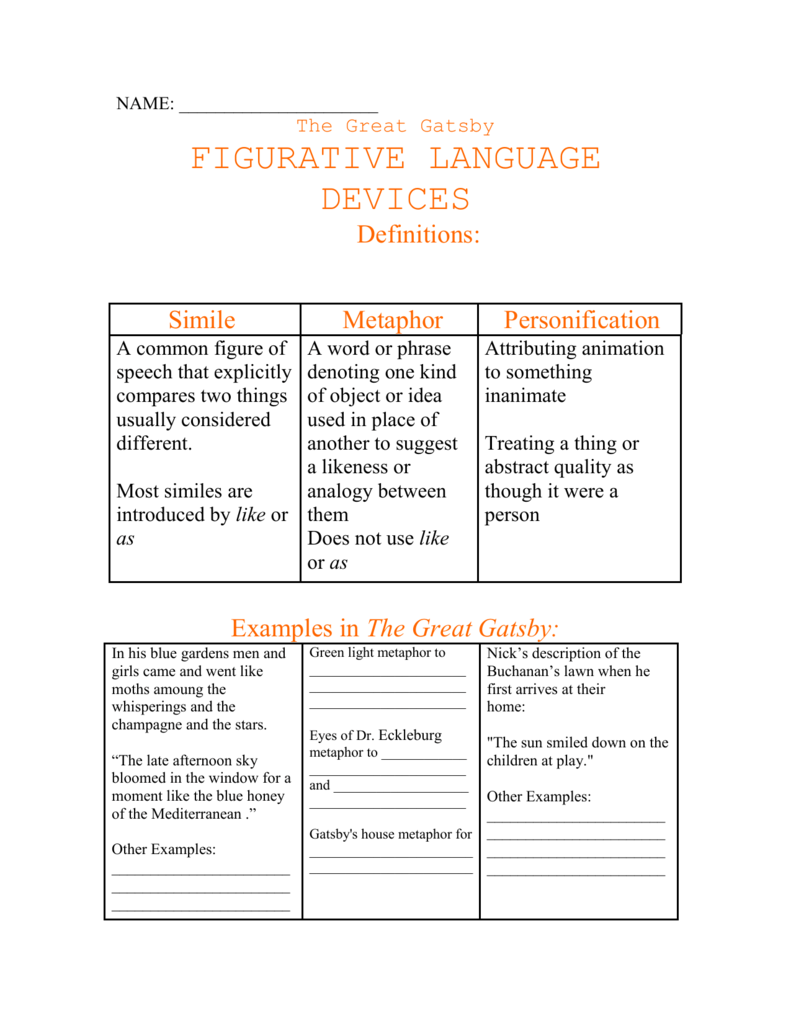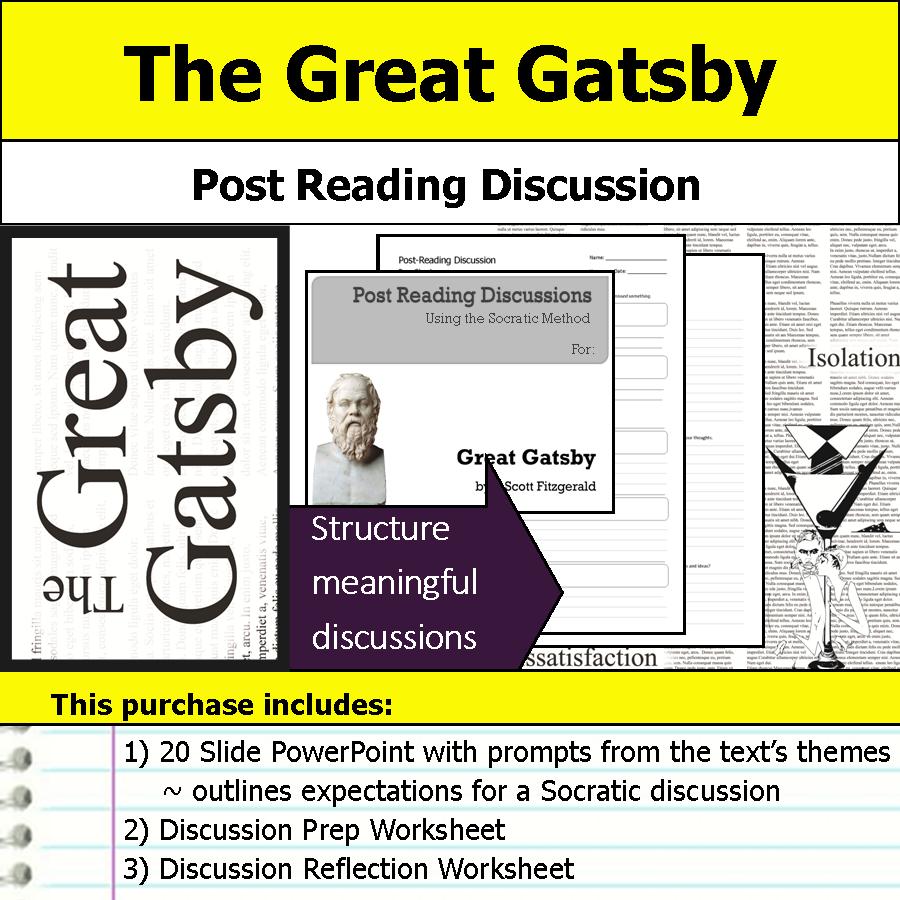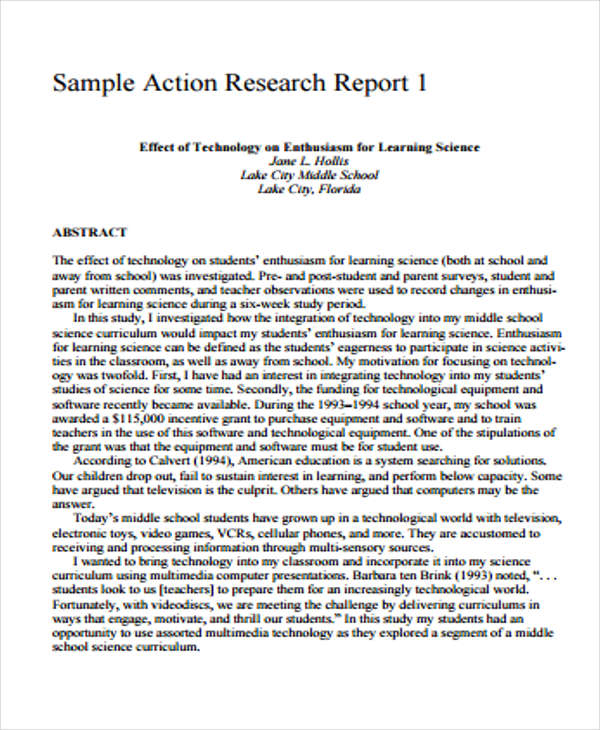

Mencken says "The Great Gatsby" is "in form no more than a glorified anecdote, and not too probable at that,"Ĭalls Gatsby "a bounder" and "clown," speaks of the story's "basic triviality" and that it is "a far inferior story at bottom" to "This Side of Paradise." Plainly mastered your craft, of course but you needed far more than craftsmanship for this" while H.L.

full of phrases which make a scene blaze with life," winding up with: "You once told me you were not a natural writer-my God! You have It's scope is such as to make 'The Great Gatsby' seem small and simple." On receiving the manuscript of "The Great Gatsby," Maxwell Perkins of Scribner's, in an excited andĮxciting letter, writes to Fitzgerald of "the general brilliant quality of the book. Margaret Marshall, in The Nation in 1941, calls Fitzgerald's "a fair-weather talent" and says that "Tender Is the Night" is "a confused exercise in self-pity" Arthur Mizener says of the same novel that it "remains Taken one after the other in immediate succession, they are bewildering, inevitably. Make fascinating reading, even when we don't agree with them. Eliot, Alfred Kazin, William Troy, Jon Chamberlain, Mark Schorer-thirty altogether. Some of the best critical minds in the United States and England are here represented-Edmund Wilson, Lionel Trilling, Paul Rosenfeld, T.S. Shelf beside Arthur Mizener's very moving biography, "The Far Side of Paradise." This is an instructive and intensely interesting book, one to be placed on your permanent

The Nation, The Dial, The New Republic, The New Yorker, The Yale Review, The Bookman and other periodicals in which most of these pieces first appeared. Now you can throw away those old copies you have been saving of The Virginia Quarterly Review, Scott Fitzgerald, the first two dated 1920, the last two 1950. Here is a collection of reviews and essays, some of them brilliant indeed, on the work of F.

ApThe Critics and Fitzgerald By CHARLES JACKSON


 0 kommentar(er)
0 kommentar(er)
